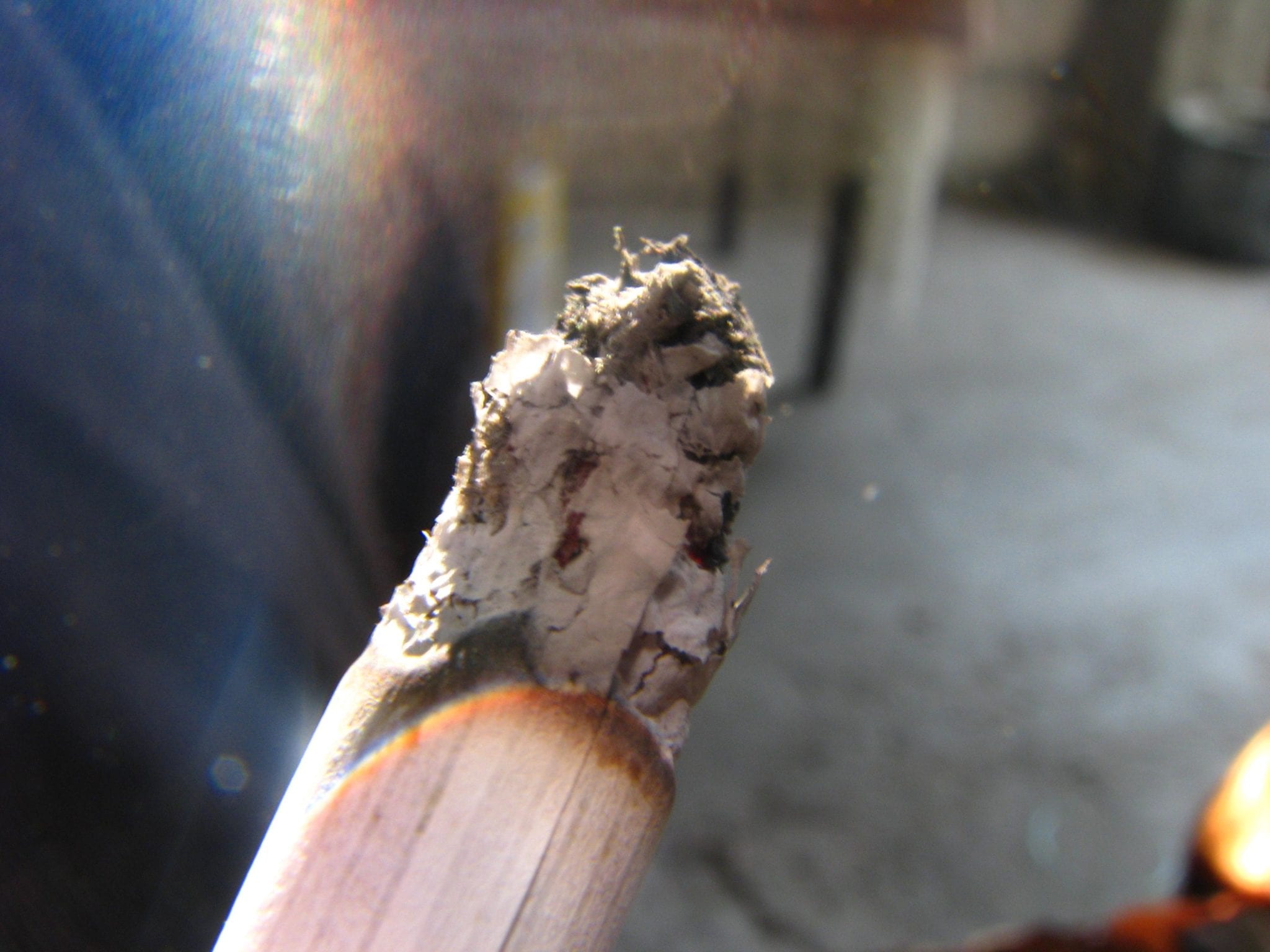Search Results for: smoking cessation
How to Stop Smoking During Pregnancy
Smoking during your pregnancy could cause birth defects and a low birth weight in your baby. It may also result in placental abruption or a stillbirth. You might feel hooked on smoking, but the health of your baby could be the perfect incentive you need to finally quit. Unfortunately, smoking cessation aids, like the patch or nicotine gum, aren’t necessarily healthy for your baby, either. Employ other methods and strategies to help you quit.
Is Your Teen Smoking?!
Did you catch your teenager smoking? Wow. Whether your teenager started drinking or smoking just because his friends were doing it doesn’t matter. What matters is that he may now be addicted and needs your support to help him stop. It is not going to be easy for him, as a lot of his peers are probably smoking and drinking, too. According to the National Center on Addiction and Substance Abuse, nearly 80 percent of teenagers report having tried alcohol by the time they reach high school. While some teens may be able to quit on their own, others need help in the form of medical or other formal interventions in order to quit.
Smoking & Pregnancy
Some smokers still think it’s cool. Others just say they can’t kick the habit. Some want to smoke to keep their weight down. One thing we should all be able to agree on, though, is that smoking can’t be good for pregnant women–or their unborn children. Surprisingly enough, more than 10 percent of pregnant women smoke, according to the March of Dimes.
Heart Issues in Women
The leading cause of death among women is heart attack, according to the Mayo Clinic. Heart symptoms for women are not the same as for men in many instances, which can cause a woman to not seek life saving medical care. It is important to see medical advice any time you have questions about heart issues; however, educating yourself about women’s heart issues can help you understand the importance of recognizing the importance of proper medical evaluations and treatment.
Women After Menopause
Menopause, sometimes referred to as the change of life, is not a disease, disability or medical condition. It is a normal, natural part of every woman’s life cycle. By definition occurring 12 months after a woman’s final menstrual period, it marks the end of her reproductive fertility. While menopause may signal a change of life, it may be viewed as a new beginning.





